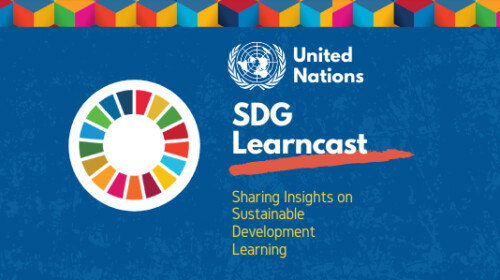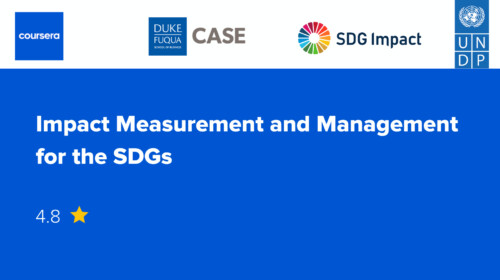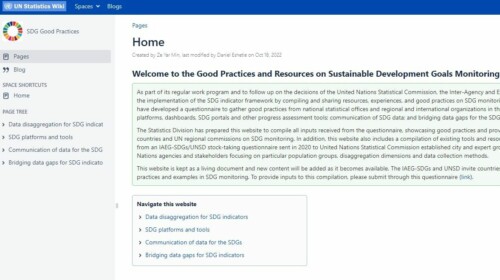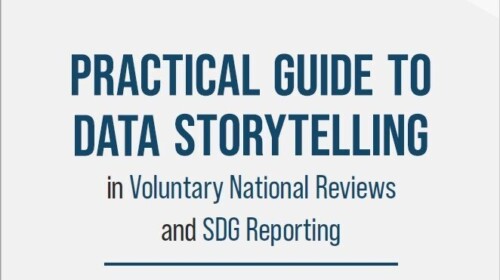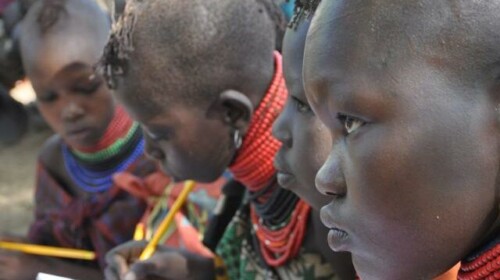The UN Summer Academy is a dynamic, connected and engaging critical global forum for advancing sustainable development. For over a decade, UNSA has convened exceptional groups of changemakers annually to address the global challenges the UN system and its partners are addressing. It features global sustainable development experts, members of government, city councils, renowned speakers and a vibrant cohort of sustainability actors from multiple sectors and regions across the globe. This one-week virtual learning experience provides a platform to (1) foster inclusive exchanges that build skills and knowledge to address global challenges; (2) inspire action, cutting-edge approaches, and solutions from around the world; and (3) build enabling environments where participants co-create solutions towards a set of shared goals.
In June 2023, the UN Summer Academy will once again welcome participants from civil society, academia, youth-led organizations, UN Agencies and the private sector to engage in robust discussions and knowledge exchanges on Governance for Sustainable Development. With less than a decade left to reverse the already insufficient advances on the 2030 Agenda, and effectively address the climate crisis in time, this edition will be based on transformative thinking methods and initiatives fostering a whole-of-society approach. The sub-themes of Multilevel Governance, Green and Just Transitions, and Governance for the Future have been identified as critical focus areas of the governance lever for sustainable development.
As in previous editions, the Academy combines academic rigour with cutting-edge thinking, providing participants with innovative learning and networking opportunities. This highly interactive programme is designed to facilitate and foster dialogue with thought and action leaders who are working on the localization and the implementation of the 2030 Agenda and the Paris Agreement.
Scholarships
In order to offer highly qualified candidates, the possibility to participate in the online UN Summer Academy, the state of North Rhine-Westphalia is funding 45 scholarships covering 100% of the registration fee for the five-day online learning event. The scholarship application process is highly competitive, and we encourage you to finance your application through other means if possible.
To qualify for a scholarship, you must meet the following criteria:
- Have professional or academic experience in sustainable development;
- Submit a proposal for how you will act as a multiplier, applying and passing on the acquired knowledge; and
- Demonstrate your motivation to actively participate in the UN Summer Academy programme. The virtual Summer Academy is synchronous, all participants are expected to be online at the same time during specified hours (either 10:00 am to 4:00 pm CEST or 2:00 pm to 8:00 pm CEST) every day, 26-30 June 2023.
Applicants from NRW and its partner countries and regions are strongly encouraged to apply. The deadline for scholarship applications is Friday, 12 May 2023.
Target Audience
UN young professionals, representatives from national and local government bodies, civil society, academia, as well as private sector sustainability intrapreneurs.
Learning Objectives
Upon successfully partaking in the UN Summer Academy 2023, participants will:
- Demonstrate a sound understanding of the key notions underpinning the 2030 Agenda for Sustainable Development and the Paris Agreement on Climate Change;
- Have improved their abilities to examine and appraise key governance challenges, opportunities and approaches for sustainable development;
- Have acquired capacities to prepare and practice networking, and recognize the role of different development partners; and
- Be able to assess and apply good practices and conceptual approaches in the area of governance for sustainable development.



